|
|
Blog Article
When disaster strikes, from hurricanes to house fires, property owners count on their insurance policies to cover damages and help rebuild. However, filing an insurance claim is rarely straightforward, and most policyholders quickly find themselves dealing with insurance company adjusters who may seem helpful but ultimately work for the insurer. Enter the public adjuster: a professional licensed to represent policyholders, not insurance companies, during the claims process.
Understanding the difference between a public adjuster and an insurance company adjuster can make a significant impact on the outcome of your claim. Here’s a closer look at what each type of adjuster does, why their roles matter, and how a public adjuster can ensure you receive the maximum payout you’re entitled to under your policy.
What Is an Insurance Company Adjuster?
An insurance company adjuster is an employee or contracted representative of your insurance company. They are tasked with evaluating your claim to determine the cost of the damage and how much the insurance company should pay you based on your policy terms. While these adjusters often act professionally, their ultimate loyalty lies with the insurance company they work for.
Key Responsibilities of an Insurance Company Adjuster:
1. Assessing Property Damage: Insurance company adjusters visit the damaged property, take photos, and document the damage. They evaluate what repairs are needed, often using pre-set formulas or tools provided by the insurer.
2. Estimating Repair Costs: Using specific estimating software and industry rates, they calculate repair costs. This process may involve applying the insurer’s pricing guidelines, which may not always reflect the full cost of repairs in your local market.
3. Verifying Coverage: Insurance adjusters determine which aspects of your claim are covered under your policy. However, they may interpret ambiguous policy language in ways that minimize the payout.
4. Submitting the Adjuster’s Report: The adjuster creates a report of the damage and repair estimates, which is then submitted to the insurance company’s claims department to process the payout.
5. Settling the Claim: Ultimately, the insurance company adjuster works to settle the claim on terms that fit the insurer’s guidelines, which may not always align with the policyholder’s needs.
While insurance company adjusters can be helpful, they have a primary duty to protect the insurance company’s financial interests. This often leads to conservative repair estimates and, in some cases, denied claims or settlements that don’t cover the full cost of repairs.
What Is a Public Adjuster?
A public adjuster is a licensed professional who works independently on behalf of the policyholder, not the insurance company. When a claim is complex or involves significant damage, a public adjuster can be an invaluable advocate for ensuring you get the payout you deserve.
Key Responsibilities of a Public Adjuster:
1. Conducting a Thorough Damage Assessment: Public adjusters visit the property and conduct a detailed inspection, often identifying damages that may have been overlooked by the insurance company adjuster. This includes both visible and hidden damage, such as mold or structural issues.
2. Evaluating the Full Scope of Loss: They look beyond the immediate damage to account for all related repair costs, including contractor fees, material costs, and additional living expenses if the property is uninhabitable.
3. Interpreting Policy Language: Public adjusters have in-depth knowledge of insurance policy language and can interpret the fine print to ensure every possible avenue for coverage is explored. They work to maximize your claim within the limits of your policy.
4. Documenting and Supporting the Claim: They handle the paperwork and provide detailed documentation to support your claim. Public adjusters understand what insurance companies need to process claims, and they ensure all required documents, reports, and photos are meticulously organized.
5. Negotiating with the Insurance Company: Public adjusters are skilled negotiators, working with your insurer to secure a fair settlement. They advocate on your behalf, challenging low estimates or denied claims and pushing for a payout that reflects the actual cost of repairs.
6. Maximizing Your Payout: Ultimately, a public adjuster’s goal is to secure the best possible outcome for you, the policyholder. They are only paid when you receive your payout, so their interests are closely aligned with yours.
Unlike an insurance company adjuster, a public adjuster is fully committed to representing your best interests, ensuring you get a fair and adequate settlement for your property damage.
Why Working with a Public Adjuster Matters
Many policyholders assume their insurance company will offer a fair settlement, but that’s not always the case. Insurance companies are motivated to control costs, and adjusters who work for the insurer may be encouraged to find ways to reduce the payout. This can leave policyholders with inadequate settlements that don’t cover the full cost of repairs or replacement.
Here’s where a public adjuster can make a difference:
1. Greater Accuracy in Damage Assessment: Public adjusters conduct detailed assessments and often uncover damages that were initially overlooked. Their comprehensive approach ensures that every necessary repair or replacement cost is considered in the claim.
2. More Favorable Interpretation of Policy Language: Public adjusters have a deep understanding of policy terms and exclusions. They interpret these terms to the policyholder’s advantage, often uncovering coverage for additional expenses that the insurance company adjuster may overlook.
3. Higher Settlements: Studies have shown that claims handled by public adjusters often result in higher payouts than those processed solely by the insurance company’s adjuster. In fact, data suggests that policyholders may receive up to 74% more compensation when working with a public adjuster.
4. A Dedicated Advocate: Unlike insurance company adjusters, who must consider the insurer’s bottom line, public adjusters are focused on securing the best possible outcome for you. They provide support, manage the paperwork, and handle negotiations, freeing you to focus on recovery.
When Should You Hire a Public Adjuster?
Not every insurance claim requires the assistance of a public adjuster, but certain situations warrant their expertise:
Significant Property Damage: If your property has suffered major damage due to events like a hurricane, fire, or flood, a public adjuster can help ensure that every aspect of the damage is documented and covered.
Complex or Multi-Structure Claims: Claims involving multiple buildings, complex repairs, or extensive water or mold damage can be challenging to document and process. A public adjuster has the expertise to handle these complexities.
Disputes with the Insurance Company: If your claim has been undervalued, delayed, or denied, a public adjuster can intervene to advocate for a fair payout.
High-Value Claims: For high-value claims that could significantly impact your finances, hiring a public adjuster can offer peace of mind and help maximize your settlement.
Final Thoughts: Choose the Right Advocate for Your Insurance Claim
Insurance claims can be stressful, time-consuming, and, at times, contentious. Understanding the difference between a public adjuster and an insurance company adjuster is crucial in securing a fair outcome. While an insurance company adjuster works for the insurer, a public adjuster works solely for you, fighting to ensure you get the full benefits of your policy.
If you’ve experienced property damage and want to avoid leaving money on the table, consider consulting with a licensed public adjuster. They bring invaluable expertise, dedicated advocacy, and a commitment to your best interests—helping you rebuild and recover with confidence.
1790 Hughes Landing Boulevard, Suite 400
The Woodlands, Texas 77380
All Rights Reserved | Denton Claims Consulting | Privacy Policy
Contact Us
We will get back to you as soon as possible.
Please try again later.

